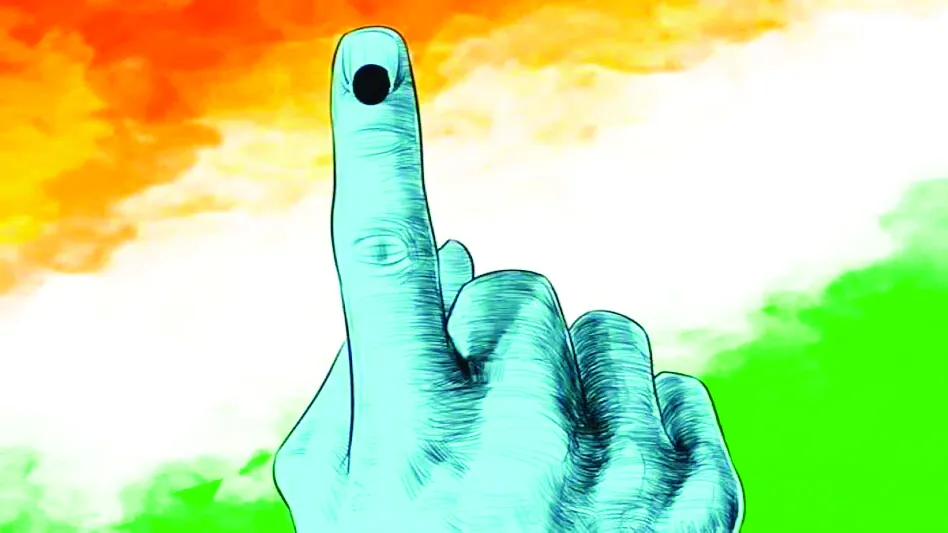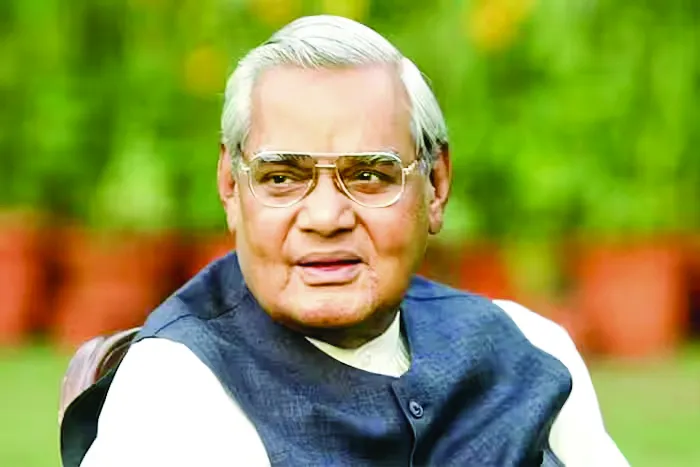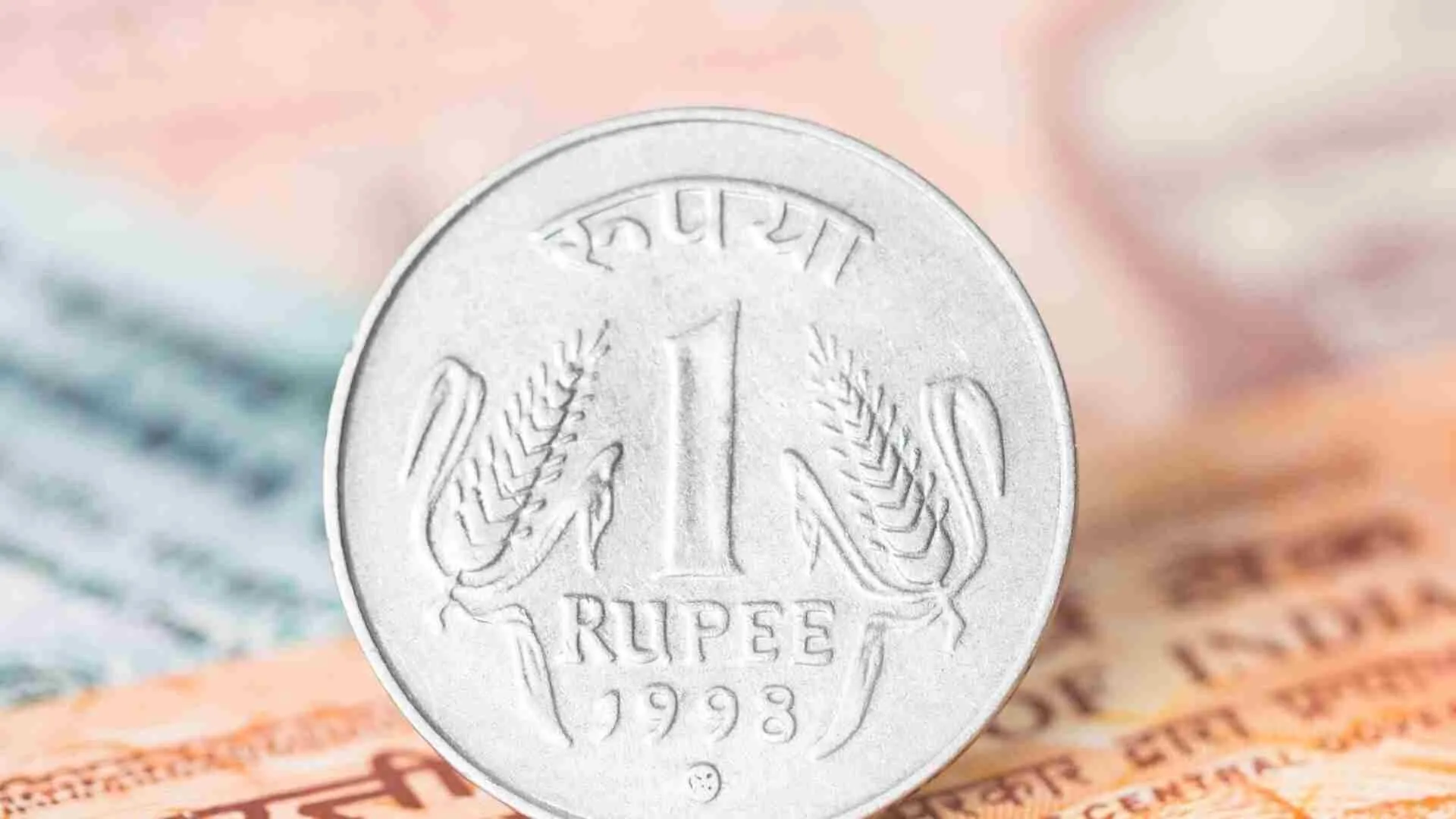The word ‘Secular’ in my personal opinion is the most misinterpreted and misused word in Indian politics. It is the confusion on secularism that has stalled the implementation of the much-needed Uniform Civil Code in India.
Secularism, simply put, is not the acceptance of all religions in matters of governance but carrying out the matters of governance independent of religious discourses. The government must govern people on the premise that they are the bonafide citizens.
For India to be true to its secular image, the Narendra Modi-led Indian government must make the Uniform Civil Code (UCC) a reality in India.
The UCC means that all sections of the society irrespective of their religion shall be treated equally according to a national civil code, which shall apply to all uniformly. They cover areas like, marriage, divorce, maintenance, inheritance, adoption, and succession of the property.
The principle of the UCC is laid down in Article 44 of the constitution under the directive principles of the state policy. The architects of the Indian constitution have been in the support of the implementation of the UCC as well as the Supreme court of India has also stated the dire need for the implementation of the UCC in several landmark judgments.
Goa is the only Indian state to have a UCC in the form of common family law. The Portuguese Civil Code that remains in force even today was introduced in the 19th century in Goa and wasn’t replaced after its liberation.
The Uniform Civil Code in Goa is a progressive law that allows equal division of income and property between husband and wife and also between children (regardless of gender).
Every birth, marriage, and death have to be compulsorily registered. For divorce, there are several provisions. Muslims who have their marriages registered in Goa cannot practice polygamy or divorce through triple talaq.
During a marriage, all the property and wealth owned or acquired by each spouse is commonly held by the couple. Each spouse in case of divorce is entitled to half of the property and in case of death, the ownership of the property is halved for the surviving member.
The parents cannot disinherit their children entirely. At least half of their property has to be passed on to the children. This inherited property must be shared equally among the children.
India is a country with many religions, customs, and practices. A uniform civil code will help in integrating India more than it has ever been since independence. It will help in bringing every Indian, despite his or her caste, religion or tribe, under one national civil code of conduct.
By allowing personal laws we have constituted an alternate judicial system that still operates on centuries-old values. A uniform civil code would change that.
Religious personal laws are misogynistic in nature and by allowing old religious rules to continue to govern the family life, we are condemning all Indian women to subjugation and mistreatment. A uniform civil code will also help in improving the condition of women in India. All the laws related to marriage, inheritance, family, land etc. should be equal for all Indians. UCC is the only way to ensure that all Indians are treated the same.
UCC will not limit the freedom of people to follow their religion, it just means that every person will be treated the same and all citizens of India have to follow the same laws regardless of any religion. It simply means that India will not be burdened by religious biases and the law will look at every Indian citizen as a citizen.
The problem with the implementation of the UCC is that the content of UCC has not been spelled out, leading minorities to believe that it is a way of imposing majoritarian views on them especially since the Narendra Modi-led government is often portrayed as a Hindu majority-led government. For years the nation lacked the political will to work towards implementing the UCC because of the sensitivity behind the issue.
Most detractors of UCC argue personal laws are derived from religious beliefs. They maintain that it is wise not to disturb them, as the nation then runs the risk of engendering a great deal of animosity and tension between various religious communities. Also, India being a secular country guarantees its minorities the right to follow their own religion, culture, and customs under Articles 29 and 30. They argue that implementing UCC will contravene these articles.
Critics argue that India is secular so infringing on their personal laws is anti-secular. But intriguingly, most detractors’ definition of secularism is the misinterpreted Indianized definition of secularism. Therefore, the UCC is the perfect fillip to India’s secular image. India has one law for its citizens.
I see UCC, not as a means to target anyone based on religion, caste or sex. It is not an emotive issue that needs to be used to gain political advantage. It is not a majority or minority protection issue, it is simply about ensuring every citizen irrespective of the caste, creed and sex is treated with human dignity and treated fairly. Most of our personal laws have undoubtedly failed in their duty to uphold human dignity irrespective of identities, especially towards women and marginalised in society.
India needs to encourage a progressive and broadminded outlook among the people to make them understand the spirit of the UCC. For this, education, awareness, and sensitisation programme are a must. Most importantly, the UCC should be drafted by not keeping in mind the best interests of all religions but the rights of a citizen of our country.
For India to be truly secular it needs to implement the Uniform Civil Code. By doing this India will rise above the burden of religious biases and be governed by principles of secularism.
The writer is a BJP leader and the founder of GoaChronicle. Views expressed are the writer’s personal
I see UCC, not as a means to target anyone based on religion, caste or sex. It is not an emotive issue that ought to be used for gaining political advantage. It is not a majority or minority protection issue, it is simply about ensuring every citizen irrespective of the caste, creed and sex is treated with human dignity and treated fairly. Most of our personal laws have undoubtedly failed in their duty to uphold human dignity irrespective of identities, especially towards women and marginalised in our society.













